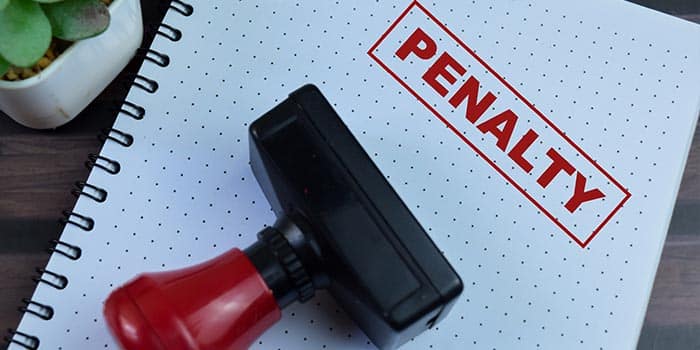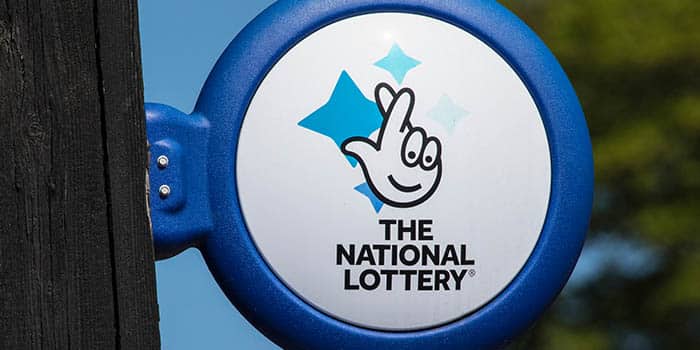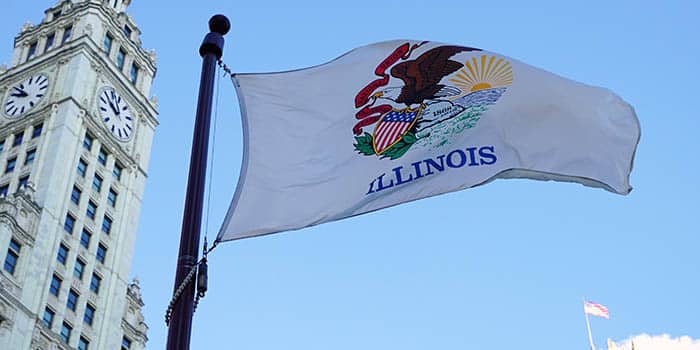- Casino
- By State
- Alabama
- Alaska
- Arizona
- Arkansas
- California
- Colorado
- Connecticut
- Delaware
- Georgia
- Florida
- Hawaii
- Idaho
- Illinois
- Indiana
- Iowa
- Kansas
- Kentucky
- Louisiana
- Maine
- Massachusetts
- Maryland
- Michigan
- Minnesota
- Mississippi
- Missouri
- Montana
- Nebraska
- Nevada
- New Hampshire
- New Jersey
- New Mexico
- New York
- North Carolina
- North Dakota
- Ohio
- Oklahoma
- Oregon
- Pennsylvania
- Rhode Island
- South Carolina
- South Dakota
- Tennessee
- Texas
- Utah
- Vermont
- Virginia
- Washington
- West Virginia
- Wisconsin
- Wyoming
- By State
- Slots
- Poker
- Sports
- Esports
Fact-checked by Angel Hristov
Anti-Gambling Advocates Raise Alarm over Potentially Harmful VIP Bonuses
As US gambling operators fight over the nation’s expanding gaming market, high competition continues to drive evolving market strategies that could facilitate addiction

The rapid expansion of sports betting in the United States has reignited concerns about VIP programs by gambling operators. These schemes give high-rolling gamblers exclusive perks like betting credits, gifts, and personal account hosts. Although companies claim these programs exist to reward customer loyalty, problem gambling campaigners argue they encourage risky betting patterns like chasing losses and excessive spending.
VIP Programs Incentivize Player Spending
A recent investigation by The Guardian delved into the darker side of gambling VIP programs. DraftKings, for example, recently made news due to a lawsuit alleging that the operator used underhanded marketing practices to prey on vulnerable individuals. Clara De Leon and Eric W. Mirsberger Jr. accused the operator of singling out customers showing addictive tendencies and enrolling them in VIP programs to maximize engagement.
High-profile operators often justify their VIP programs, comparing them to customer loyalty programs in other industries. They argue these initiatives do not fuel problem gambling but provide elite customer service to deserving customers. However, Cait Huble of the National Council on Problem Gambling (NCPG) notes that VIP hosts are motivated to keep high-stakes players gambling, conflicting with responsible gaming practices.
It definitely seems like there’s some encouragement around chasing losses, which is a huge factor of problematic play.
Cait Huble, NCPG director of communications
First-hand reports and internal job postings do little to contradict these statements. A DraftKings VIP host job posting outlined that employees were encouraged to exceed engagement and service level performance targets and reach out to individuals who have not gambled recently. While the company removed these descriptions after media inquiry, these postings paint a concerning picture.
Operators Face Increasing Pushback
Gambling companies face rising political scrutiny as calls for stricter regulations find increased support. Senator Richard Blumenthal (D-CT) has taken the lead in scrutinizing gambling companies’ marketing tactics, self-exclusion measures, and VIP programs. In March 2024, he sent letters to major operators demanding transparency about how they target high-spending customers.
Sports betting companies make a paltry pretense of stopping gambling addiction. They’re failing to address the national gambling addiction crisis because their profits take priority over people.
Senator Richard Blumenthal
The UK gambling industry already faced a crackdown on VIP schemes following a 2020 study that discovered that VIP players were disproportionately problem gamblers. The study concluded that while VIPs were a minority of consumers, they accounted for the lion’s share of deposits, up to 83% in some cases. However, the US gambling sector’s decentralized nature means reforms are up to the individual states.
While operators insist VIP programs are purely customer loyalty initiatives, opponents argue the financial incentives tell a different story. As legalized sports wagering continues to expand across the US, the debate surrounding VIP programs and problem gambling will likely intensify. With $150 billion wagered in 2024 alone, regulators must carefully balance stakeholder interests and consumer safety.
Related Topics:
Deyan is an experienced writer, analyst, and seeker of forbidden lore. He has approximate knowledge about many things, which he is always willing to apply when researching and preparing his articles. With a degree in Copy-editing and Proofreading, Deyan is able to ensure that his work writing for Gambling News is always up to scratch.
Next Article


Industry
February 24, 2025
MGA Enhances Regulatory Oversight Approach, Lays Down Core Goals
Must Read
More Articles







Industry
June 30, 2025
New Zealand Presses On with iGaming Legislation

Casino
June 30, 2025
Vietnam Greenlights $2B Van Don Casino Resort

Casino
June 30, 2025
BC.Game Player Turns $20 Bet into $100K+ Payout

Casino
June 30, 2025
Hard Rock Executive Under Fire Due to Alleged Misdeeds

Casino
June 30, 2025
Wynn COO Vows Change Amid Ongoing Regulatory Pressure

Casino
June 30, 2025
DIMOCO Enters Germany iGaming Market with Neo.Bet










